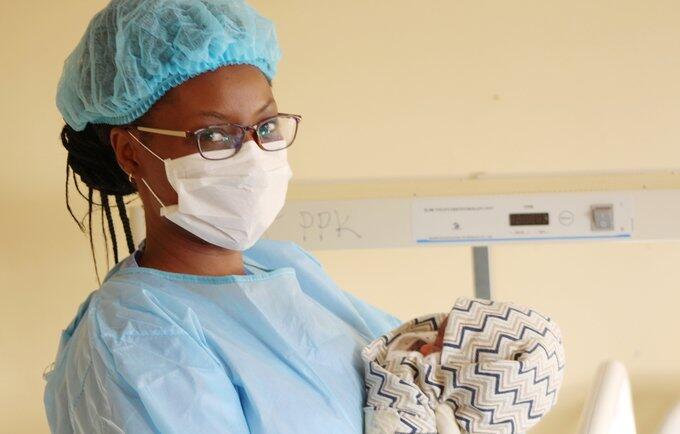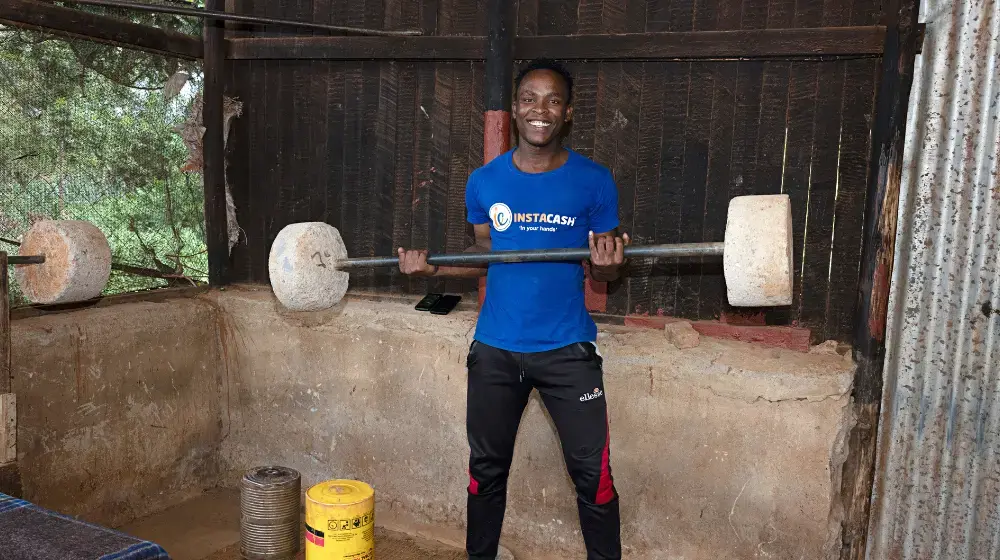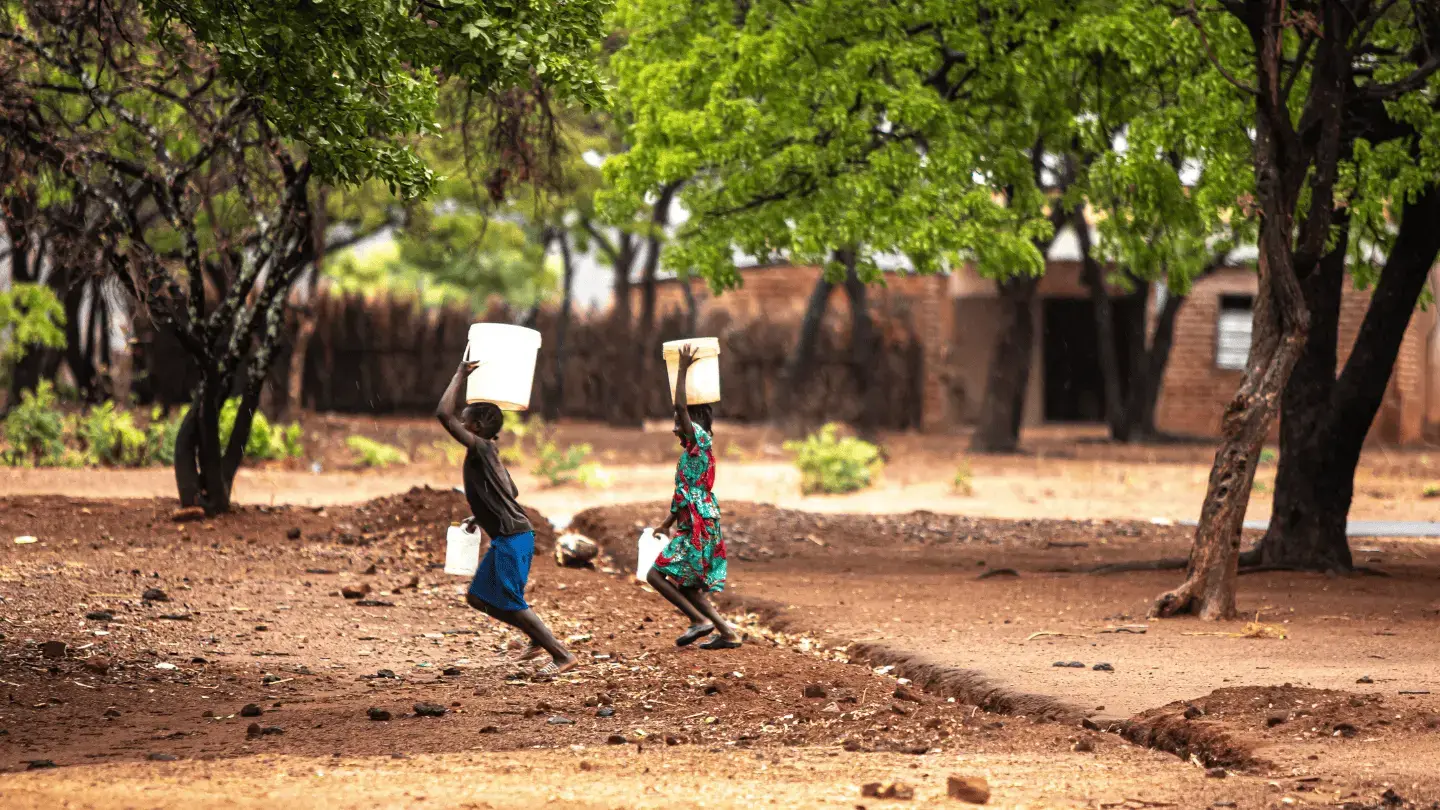MBABANE, Eswatini—Once a month, Nolwazi Myeni receives a message on her mobile phone notifying her that family planning services are available at clinics despite the pandemic-related lockdown. “I felt very encouraged to be assured that I could visit any clinic amid COVID-19 for my contraceptive needs,” the 24-year-old said.
This service has encouraged thousands of women in Eswatini to access contraceptives, and also provided welcome monthly reminders lest they forget.
With the lockdown movement restrictions, it’s easy to forget the return date to the health facility. These messages also act as a reminder.
“With the lockdown movement restrictions, it’s easy to forget the return date to the health facility. These [messages], beyond encouraging us to go for the service, also act as a reminder,” said Ms Myeni.
The mother of a six year-old, Ms Myeni dreams of becoming a teacher. For this reason, access to family planning services at a nearby health clinic is essential to her. If she is able to prevent an unplanned pregnancy, she will be free to focus on completing her Primary Teacher’s Diploma training, and also remain the role model she has become to hundreds of adolescent girls she mentors in her community.
Reaching women with critical messsages
UNFPA, in partnership with the World Food Programme (WFP) and the Sexual Reproductive Health Unit in the Ministry of Health have produced a Short Message Service (SMS) mobilization campaign. Together with food relief messages, these are sent to communities by WFP. The campaign aims to reach 80,000 young women who receive assistance through the WFP COVID-19 relief project in Eswatini.
The campaign aims to encourage uptake of family planning services among women of reproductive age, including adolescent girls. And in part, the messages raise awareness on available innovations for limiting overcrowding in the already overburdened health facilities.
“We want to encourage people to continue accessing family planning services during this COVID-19 period,” said Family Planning Coordinator Lindiwe Malaza. “In addition, we want to emphasize that women can now consult with their nurse or doctor on the possibility of getting three months’ supply of the Pill. Those using the injectable and IUD will continue on the normal procedure as they need regular monitoring.”
There has been a 47 per cent drop in uptake of family planning services in Eswatini from January to May this period compared to the previous year, according to a recent report by the Social Protection Cluster Partners, indicating a potential boom in births after the COVID-19 battle has been won.
Ensuring that women continue accessing these services is one way we can mitigate COVID-19’s impact on the health of vulnerable groups like women and girls.
Mitigating impact of COVID-19 on women and girls
UNFPA Acting Head of Office, Margaret Thwala-Tembe, said that for women and girls, accessing family planning is critical even in times of crisis, such as pandemics. “Ensuring that women continue accessing these services is one way we can mitigate COVID-19’s impact on the health of vulnerable groups like women and girls.”
As an indirect effect of the pandemic in the country, some health facilities, especially those serving rural communities, have reported a decline in number of women attending antenatal clinics and an increase in home deliveries.
Since the start of the lockdown, we have noted an increase in incidents of women delivering babies either at home or on their way to the facility.
“Since the start of the lockdown, we have noted an increase in incidents of women delivering babies either at home or on their way to the facility,” said midwife Lobesutfu Nkambule.
According to the 2017 National Housing and Population Census report, a woman of reproductive age has an average of 3.2 children in Eswatini. If use of family planning services continues to decline due to the pandemic, these numbers may go up.




